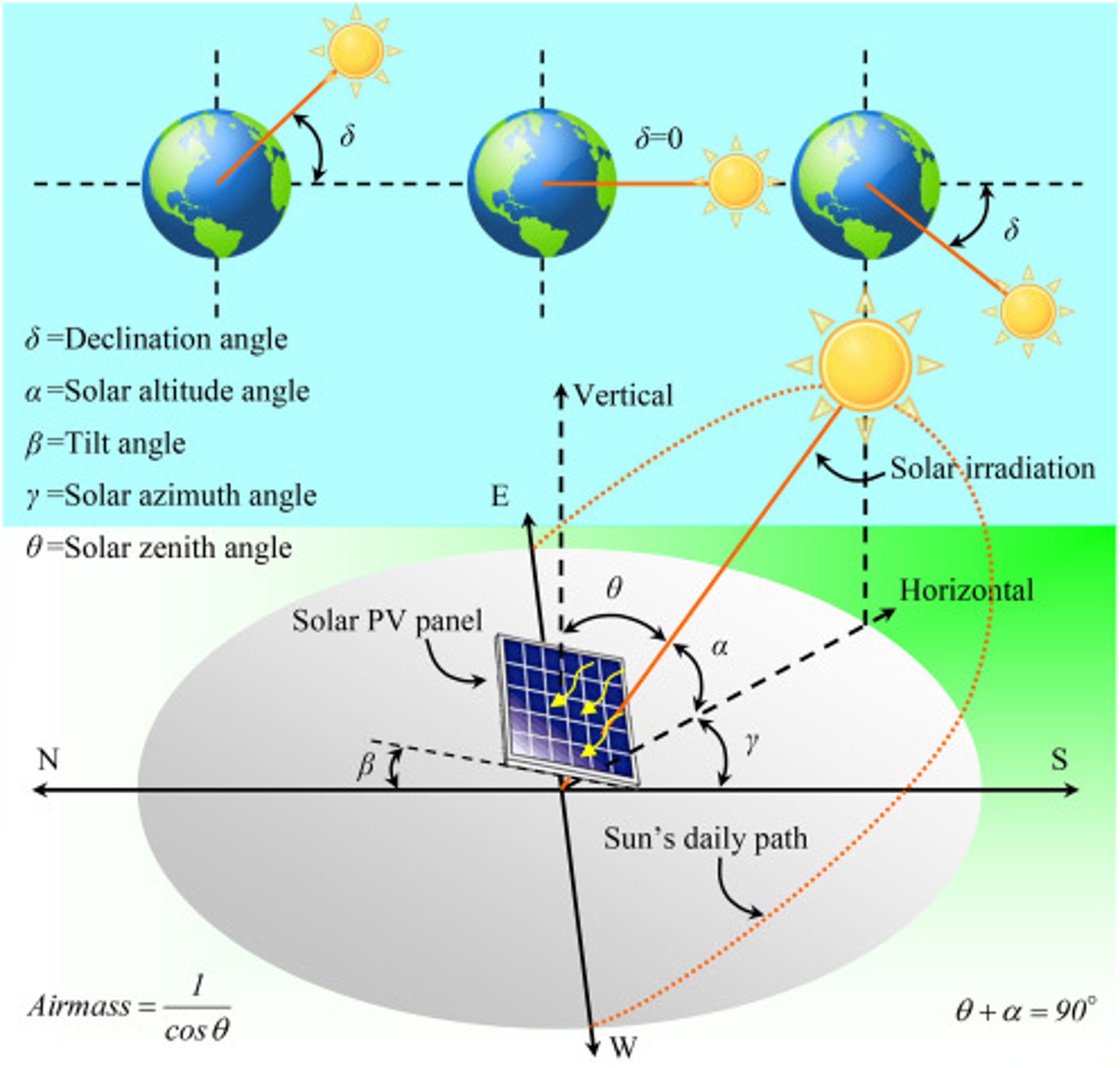
L-Band antenna – Right hand circular polarized
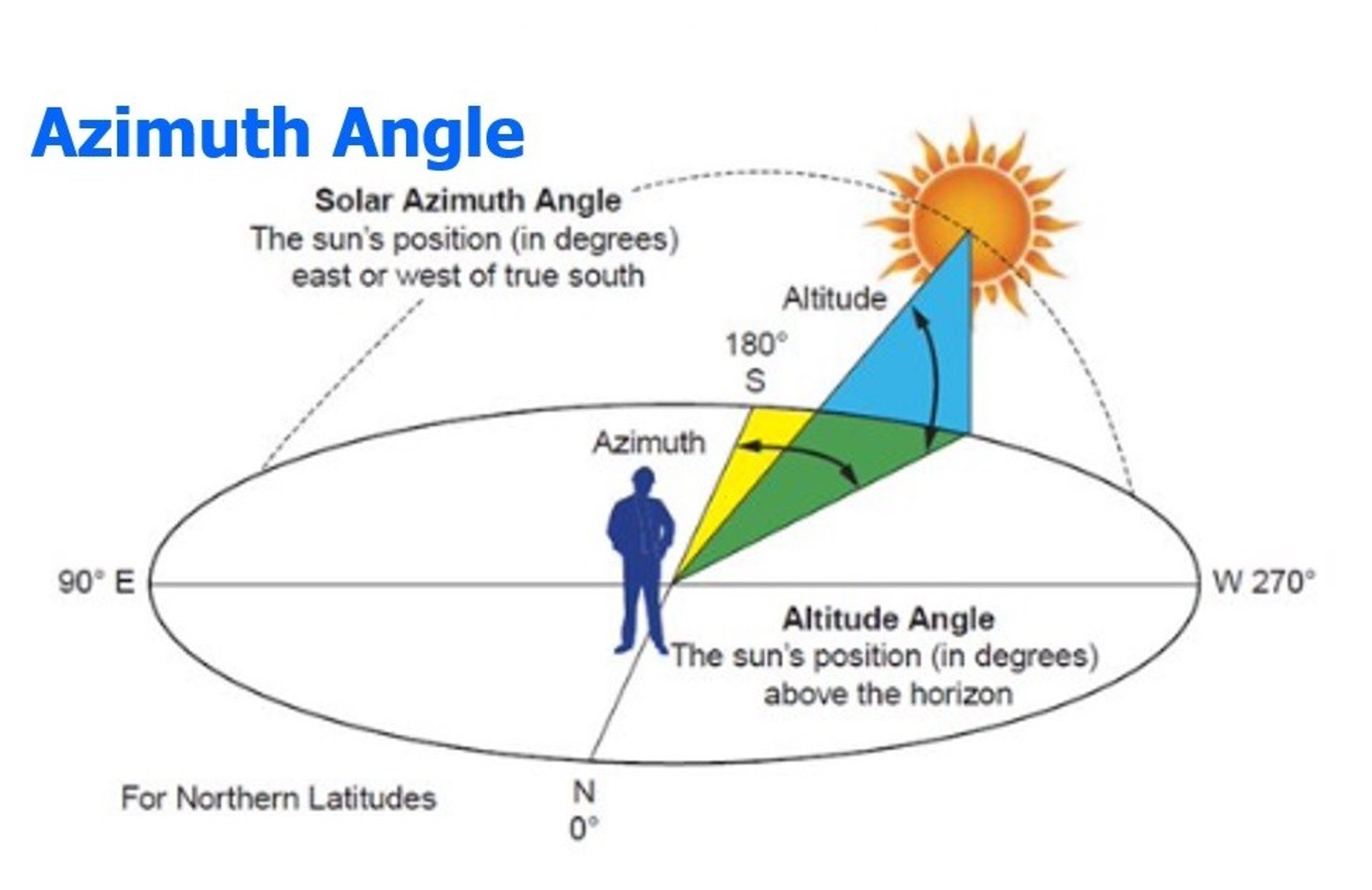
Capturing Data transmission from GK-2A and Meteor M2 Satellite
How I Began Capturing Signals From Space
My interest in radio signals started on the ground — literally. I was tracking aircraft using ADS-B, and it amazed me that planes constantly broadcast live data into the air, waiting for anyone curious enough to listen. After building my first ADS-B receiver and watching real aircraft appear on my screen, I wondered: if airplanes can send signals, what else is transmitting that I can capture?
That curiosity pushed my eyes upward — to satellites.
I learned that weather satellites continuously send imagery back to Earth, and with the right equipment, anyone could receive it. That idea fascinated me. So I started small: a budget SDR, a homemade V-dipole antenna, and a lot of reading, trial, and error. I tracked my first NOAA satellite pass, manually rotated the antenna to match polarization, adjusted gain settings, and waited. The moment the first image appeared — clouds, coastlines, and real-time weather data straight from orbit — it didn’t feel like technology anymore. It felt like magic. In June and August of 2025, I was heartbroken to hear the decision to decommission NOAA 15, 18 and 19.
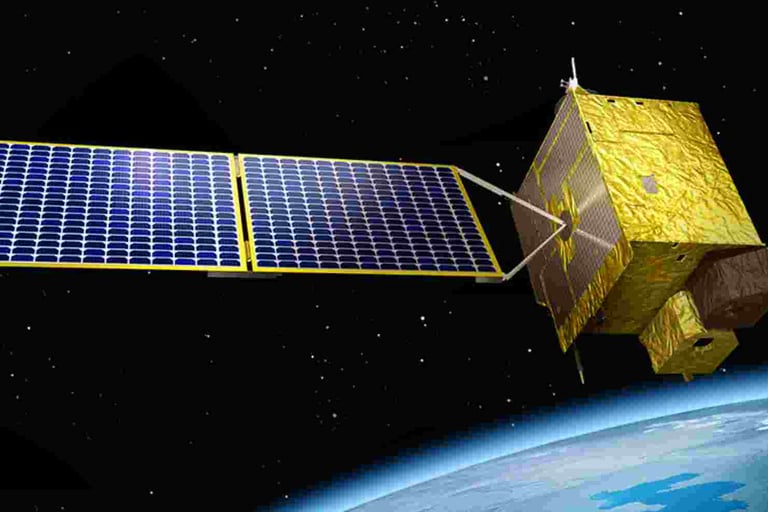

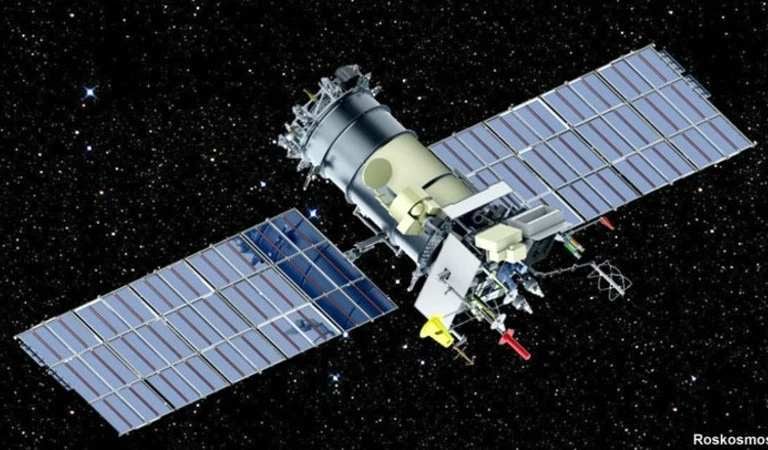

GK-2A (GeoKompsat) Satellite
meteor-m2-1 Satellite
Soon I moved to higher-resolution Meteor satellites and eventually built a right-hand circularly polarized helix antenna to receive data from the Korean GK-2A satellite. Each step taught me something new — orbital mechanics, signal propagation, antenna design, decoding tools, and above all, patience.
Today, satellite signals are no longer invisible mystery streams in the sky to me. They are data, science, and engineering in action — and every pass still feels like a conversation with space. What started as curiosity has turned into a passion for listening to the world above us.
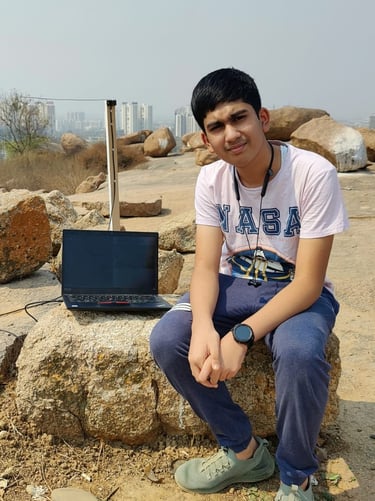

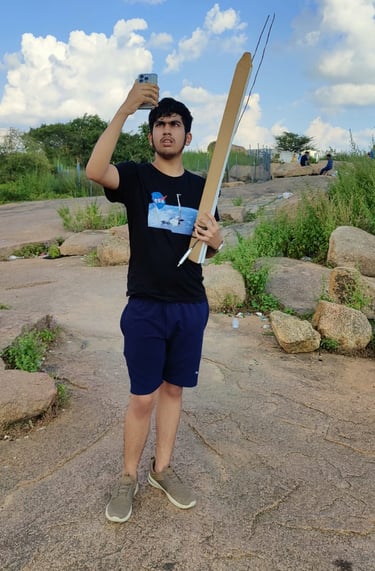

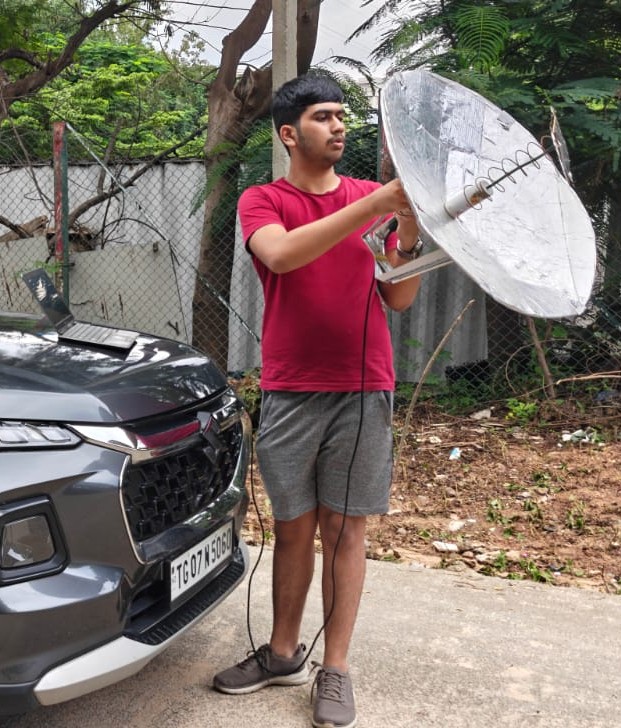

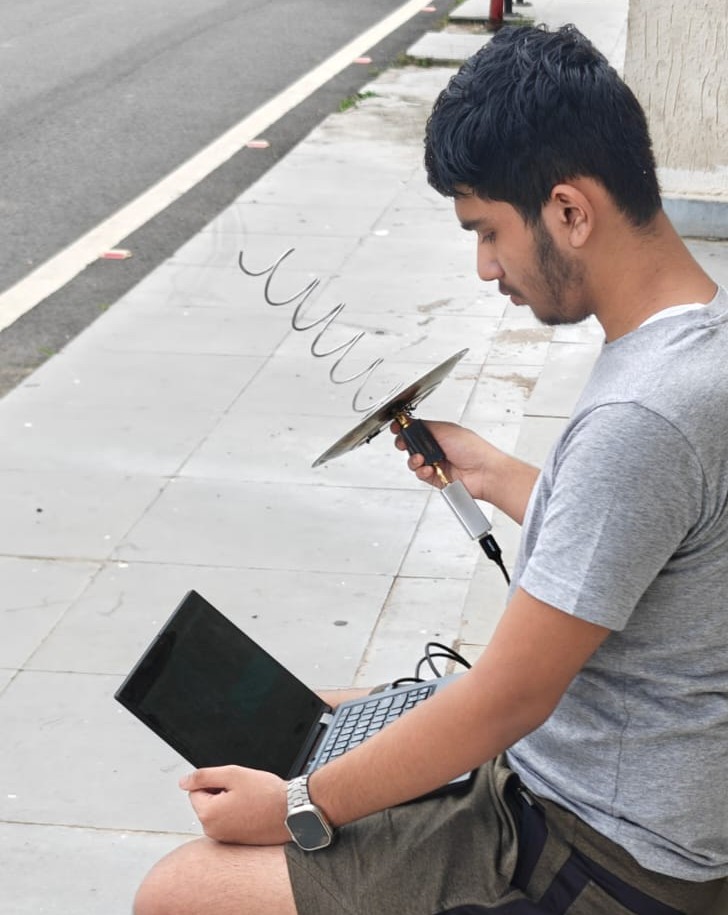

Building L-Band Antenna - Right Hand Circular Polarized
Handholding the antenna for longer period was tough, there was frequent loss of data as I wasnt able to keep it stable for a longer period in time by precisely pointing it to the satallite. I then thought of utilizing my old tripod that I had, it took me a while, but by reporposing an old webcam stand/holder, modifying it a little bit, I was able to attach it to my tripod as i used to with my DSLR with enough stability. With this, I was now able to rotate the antenna on the tripod almost to any direction I wanted to with way more stablity that I ever had handholding it in the past.
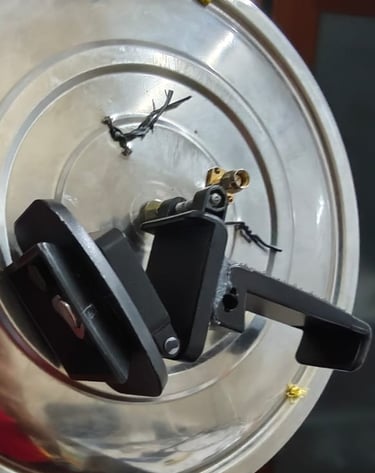

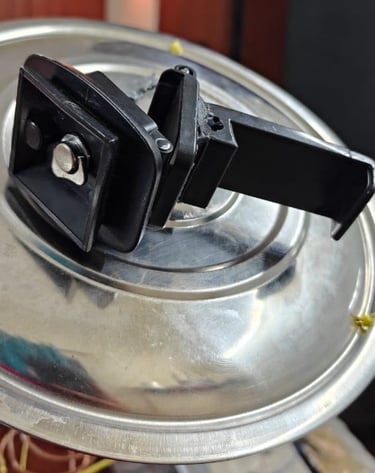

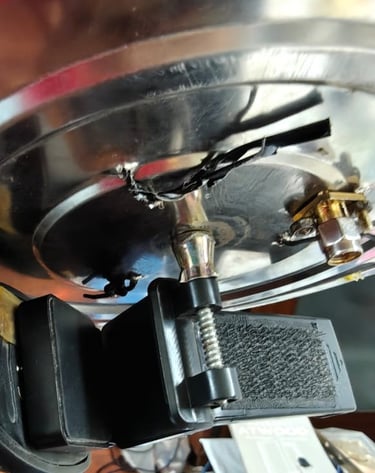

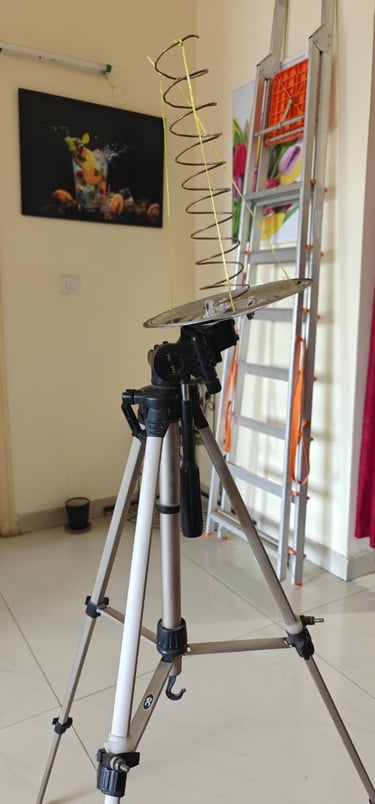

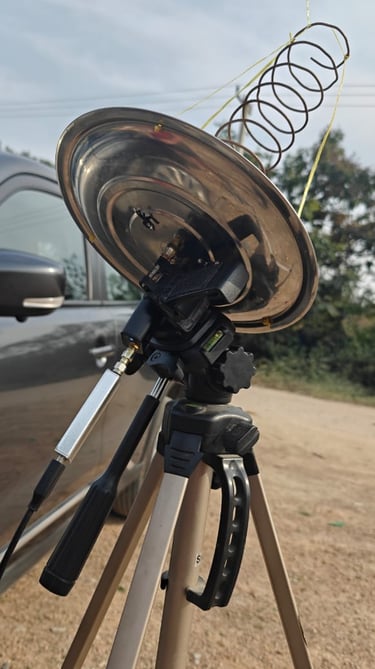



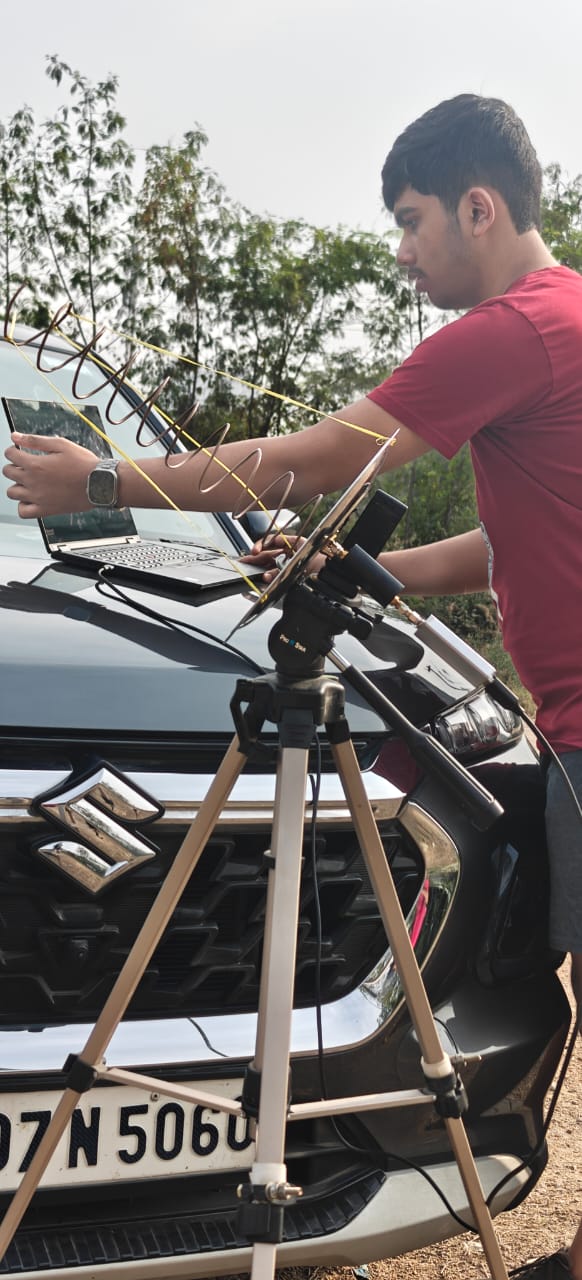

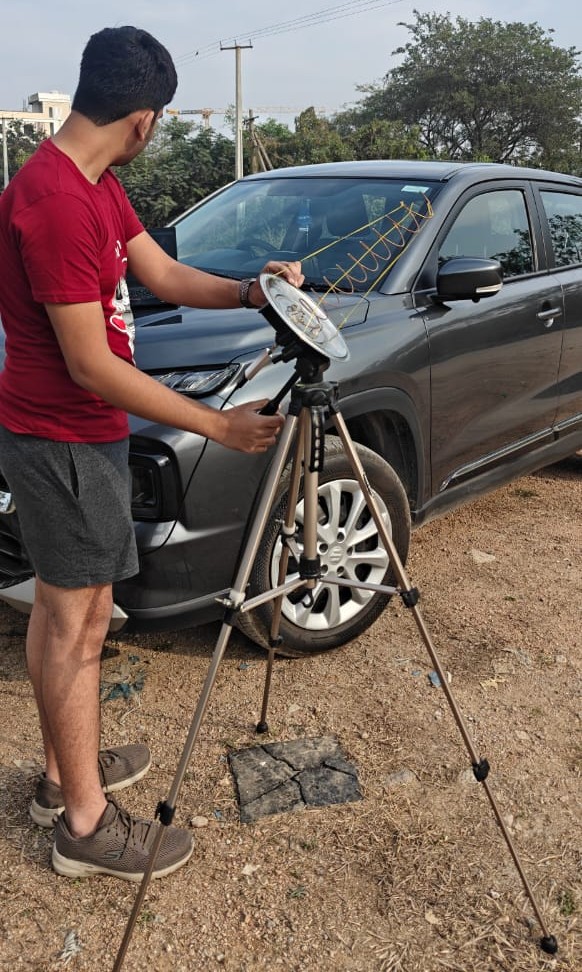

I was now able to capture data from Geostationary satellites with literally zero data loss; it made it my day.. !
xSpace.Space - Yash Xavier's Digital Space
Explore my Journey
My Personal Pursuits
© 2025. All rights reserved.
Showcase of Endeavour
Projects & Achievements
